Electric Vehicles
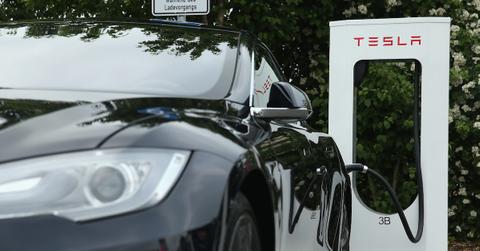
What Are Electric Vehicles?
Electric vehicles, also known as EVs, are vehicles that are powered by electricity instead of gasoline. The term most commonly refers to cars, but also encompasses other vehicles like vans, trucks, bicycles, boats, trains, and airplanes.
Hybrid Vehicles vs. Electric Vehicles
There are two types of EVs, according to the U.S. Office of Energy Efficiency & Renewable Energy.
There are all-electric vehicles (AEVs), which have electric motors instead of internal combustion engines, and are completely powered by electricity.
There are also plug-in hybrid electric vehicles (PHEVs), which have internal combustion engines as well as electric motors. PHEVs need to be both filled up with gasoline and charged via electricity. That means they get some of their power from gasoline, and some from the electric motor.
Then as a bonus item No. 3, there are hybrid cars. Hybrids need to be filled with gas just like conventional cars, but they cannot be plugged in to be charged. They generate some electric power via regenerative braking, meaning they need to get gas less often than gas-powered cars.
How Are Electric Vehicles Charged?
There are various ways to power electric vehicles. All-electric vehicles have batteries that need to be charged by plugging them into a charging station, which car owners do most frequently at home, as well as at public charging stations while on-the-go.
AEVs, PHEVs, and hybrid cars can also charge via regenerative braking, which happens when a driver brakes, either to stop, slow down, or while driving downhill. Braking stores kinetic energy in a car’s battery, and then uses that stored energy to send power back to the car’s wheels, as explained by Explain That Stuff.
How Often Do You Have to Charge Electric Vehicles?
Each EV is different, meaning the amount of driving time one charge will give you varies greatly from car to car. According to the Plug-In Hybrid & Electric Vehicle Research Center at UC Davis cars can take anywhere from 20 minutes to 20 hours to get a charge of 80 percent to 100 percent, depending on the type of battery in the car, and what type of charger is used. A full charge will give most EV drivers about 100 miles of driving, except for certain models, like the Tesla Model S, can drive 350 miles on a full charge, as per the research center.
For most EV drivers, charging overnight at home or while parked at work is enough to sustain their commute and day-to-day activities. But EV drivers going on road trips or driving more than a few hours at a time will need to find charging stations along their route.
How to Find Electric Vehicle Charging Stations
As EVs become widespread, more and more EV charging stations are popping up. You can find public chargers at places like gas stations, parking garages, highway pit stops, car repair shops, car dealerships, and restaurant and store parking lots. Target is currently expanding its EV charging range, as is Walmart. To locate charging stations, check out the websites ChargeHub, PlugShare, ans EVgo.
Are EV Charging Stations Free?
According to Statista, there are more than public 20,000 EV charging stations in the U.S., specifically designed to charge EVs; there are also more than 57,000 public charging outlets in the country, which are simply power outlets that have been designed to charge such large batteries for hours at a time.
Some of these charging stations are free, but some require payment. As explained by PluginCars.com, stations either charge a session flat fee, by the hour, by the kilowatt-hour, or via a subscription. According to the Office of Energy Efficiency & Renewable Energy, the price of fueling an EV with electricity is usually less than half the price of fueling a car with gas. (More on that below.)
How Do You Charge an EV at Home?
For charging when you’re home, there are numerous home-charging stations on the market that you can install in your garage. All EVs come with charging cables that can be used with any charging station or outlet, and some EVs come with charging stations specifically designed to be installed in home garages, which charge batteries at higher speeds.
Do Electric Vehicles Save You Money?
Buying an electric car means you’ll never have to fill up your car with gas again — which means you’ll save money on gas. According to a 2018 University of Michigan study, the average price to power an EV each year is $485, while the average for a conventional, gasoline-powered car is $1,117.
Additionally, as EnergySage noted, all-electric vehicles and hybrid cars almost always have lower maintenance costs than gas-powered cars. That’s because internal combustion engines come with a slew of equipment that tends to need repairs, such as transmissions, exhausts, and spark plugs; additionally, EVs have regenerative brakes which are powered by electric motors, which means brake pads and rotors do not need maintenance as often, according to EnergySage.
Plus, you can also save money thanks to various EV incentives.
Electric Vehicle Tax Credits and Incentives
In the U.S., the federal government will give EV drivers a tax credit for between $2,500 and $7,500 for each new EV purchased, with the exact amount depending on the vehicle’s size, battery, etc, according to the Office of Energy Efficiency & Renewable Energy. Additionally, some states and cities provide EV owners with other incentives, such as: additional tax credits, rebates, loans, discounted charging rates, and permission to drive in the carpool lane (aka the high-occupancy vehicle lane) even if there aren’t any additional passengers.
Are Electric Vehicles Worth It?
In terms of finances, if you can afford the upfront investment of an EV, you will most likely save money in the long run, since charging an EV is cheaper than gasoline. According to Business Insider, once an EV driver hits about 50,000 miles driven in their car, they will start to see a significant savings.
In terms of time on the road, if you don’t do a lot of long-distance driving, an EV could be a great option. You will rarely have to worry about finding a charging station, and can rely on plugging your car in at home. That said, as the EV market grows, more and more charging stations are popping up all over the country, making driving EVs more and more convenient.
Do Electric Vehicles Produce Emissions?
EVs are much more environmentally friendly than gas-powered cars, but they do still produce emissions. According to the Alternative Fuels Data Center, annual average emissions for each kind of car in the U.S. is as follows:
- All electric: 4,352 pounds of CO2 equivalent
- Plug-in hybrid: 6,044 pounds of CO2 equivalent
- Hybrid: 6,258 pounds of CO2 equivalent
- Gasoline: 11,435 pounds of CO2 equivalent
So not only is the price of powering an EV less than half powering a gas-powered car, but it also usually produces less than half the emissions.
Are Electric Vehicles Good for the Environment?
Wait, but doesn’t all that electric energy being used to power electric vehicles come from fossil fuels?! At the moment, most of it does. However, the U.S. electricity grid is constantly shifting towards renewable energy (including solar power, wind power, and hydropower). The more that renewable energy powers the U.S. grid, the more environmentally friendly EVs become.
Best Electric Vehicles
Car information resource Edmunds ran a variety of tests to determine the best 2019 EVs on the market. In terms of affordability, Edmunds’ favorites are the Hyundai Kona Electric, the Chevrolet Bolt EV, the Nissan Leaf, and the Hyundai Ioniq Electric. In terms of luxury EVs, Edmunds favors the Tesla Model S, the BMW i3, and the Tesla Model X.
In terms of having the longest range, Edmunds recommends the Tesla Model S Long Range (370 miles), the Tesla Model 3 Long Range (310 miles), the Tesla Model X Long Range (325 miles), and the Hyundai Kona Electric (258 miles).
There are so many EVs on the market, so make sure to do your research before investing in one that works for you.
Photo source: Sean Gallup/Getty Images
Latest Electric Vehicles News and Updates

Tesla Stock Falls As Elon Musk Falls Out of Public Favor
Tesla stock nose dived on Feb. 25, 2025, as owner Elon Musk's popularity fades with people around the world.
10 of the Best Electric Scooter Brands
Check out the 10 winners of our award for the best sustainable electric scooter brands.
10 of the Best Electric Bike Brands
Check out the 10 winners of our award for the best electric bike brands.
10 of the Best Electric Skateboard Brands
Check out the 10 winners of our award for the best eco-friendly electric skateboard brands.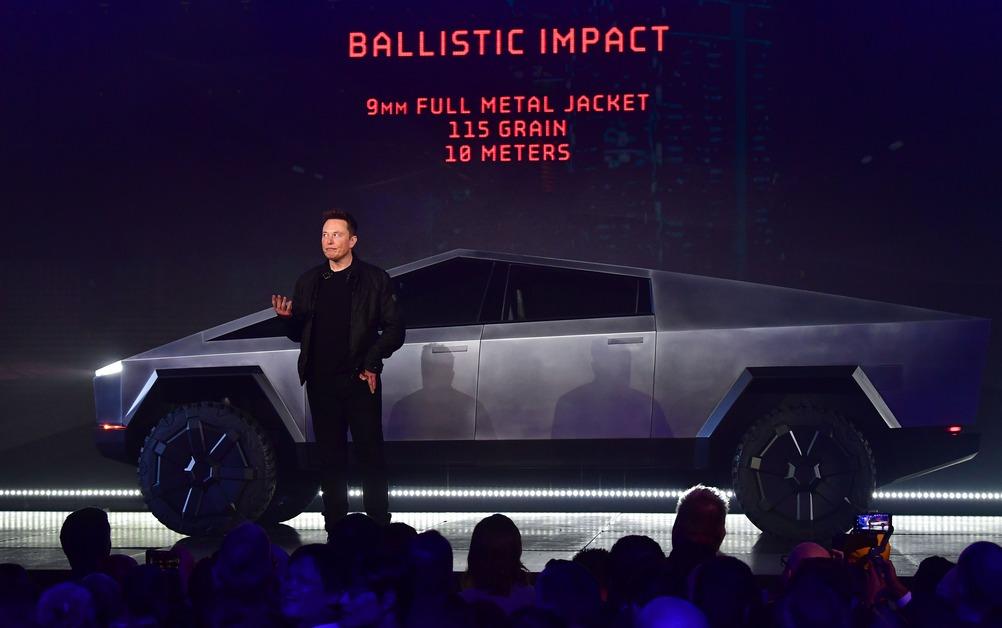
Tesla Claims the Cybertruck Is Bulletproof — but Only to “Outdated” Firearms
When Tesla unveiled the Cybertruck in 2019, it made the ambitious claim that the vehicle would be bulletproof. However, many remain skeptical.
Is Elon Musk Really Using Quantum AI to "Eradicate Poverty"? Turns Out, Scammers Are Behind the Rumor
Elon Musk's connection to Quantum AI stems from a series of fabricated videos that circulated social media, and were allegedly part of a scam.
Does Tesla's $100,000 Cybertruck Really Rust? Customers Are Instigating "Rust-Gate"
Are the new Tesla Cybertrucks prone to rusting? Though vehicle owners are furious, the stainless steel exterior itself is likely not rusting. Let's talk rust dust.
Watch All of the Super Bowl's EV Ads — Including Christopher Walken's BMW Spot
A wide range of electric car commercials aired during the Super Bowl, and we've rounded up our favorites.
Tesla Recalls Nearly 2 Million Vehicles Over Autopilot Software Defect: Details
Tesla does have its fans — but one of them doesn't seem to be the National Highway Traffic Safety Administration. Here's a record of all the recalls.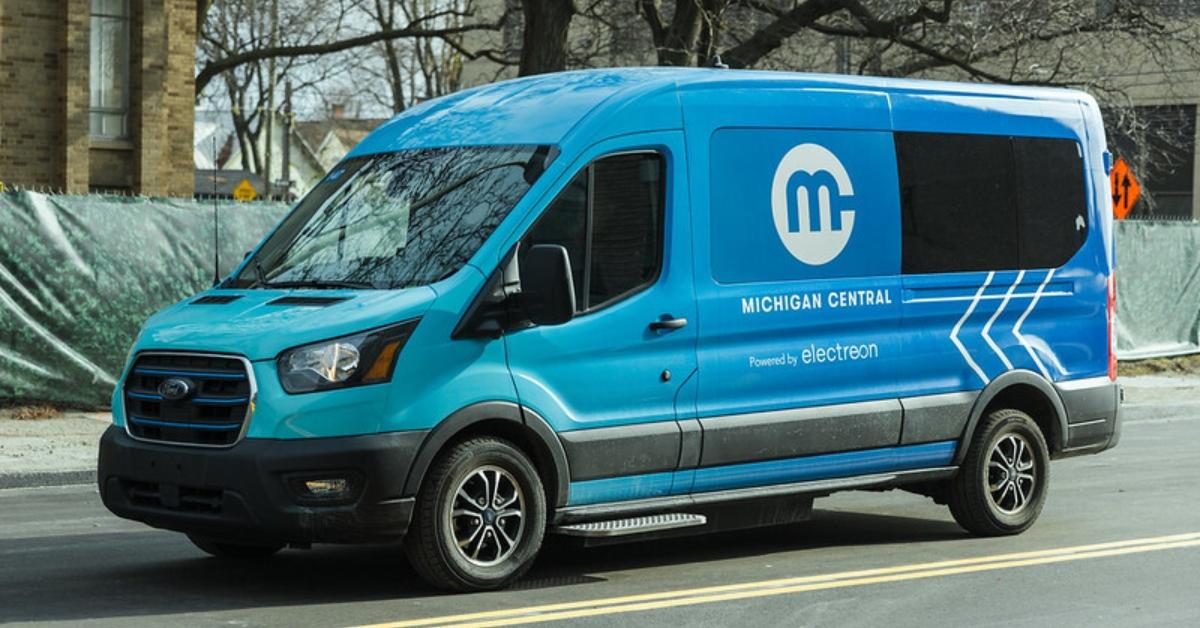
The First U.S. Wireless Charging Road Is Installed In Detroit — What You Should Know
In the U.S., Detroit, Mich., is the test site for a wireless charging road after similar roads have been built globally. Here's what to know.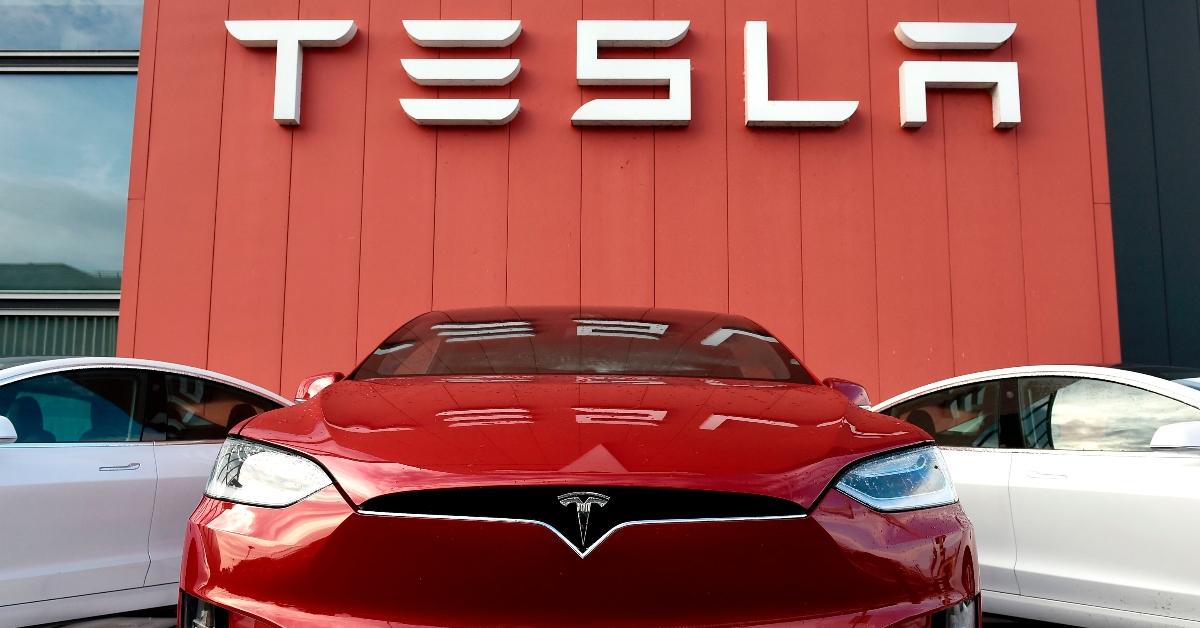
Why Are Teslas Being Recalled? Check Your Vehicle's Brakes Today
Tesla is recalling over 54,000 of its Model X SUVs over faulty brake fluid. See if this Tesla recall or others apply to you and your vehicle.
Elon Musk Believes AI Could Destroy Us All — So Why Is He Investing in It?
Although Elon Musk has many controversial tech opinions, you may be surprised to learn that he is skeptical of artificial intelligence.
Fact or Fiction: Did Elon Musk Buy Bugatti?
Billionaire Elon Musk owns several companies, but is Bugatti one of them? Rumors link Musk to the European supercar company.
Tesla Driver Charges Car in the Kitchen: "Too Cheap to Get the Tesla Charger Installed"
Tesla vehicles can be charged from outlets you have in your home, but should you have a Tesla charger installed? How much does a Tesla charger installation cost?
Greta Thunberg Calls Out Andrew Tate's "Small Dick Energy" — Does She Have a Car?
Does Greta Thunberg have a car? Here's what we know about her preferred modes of transportation.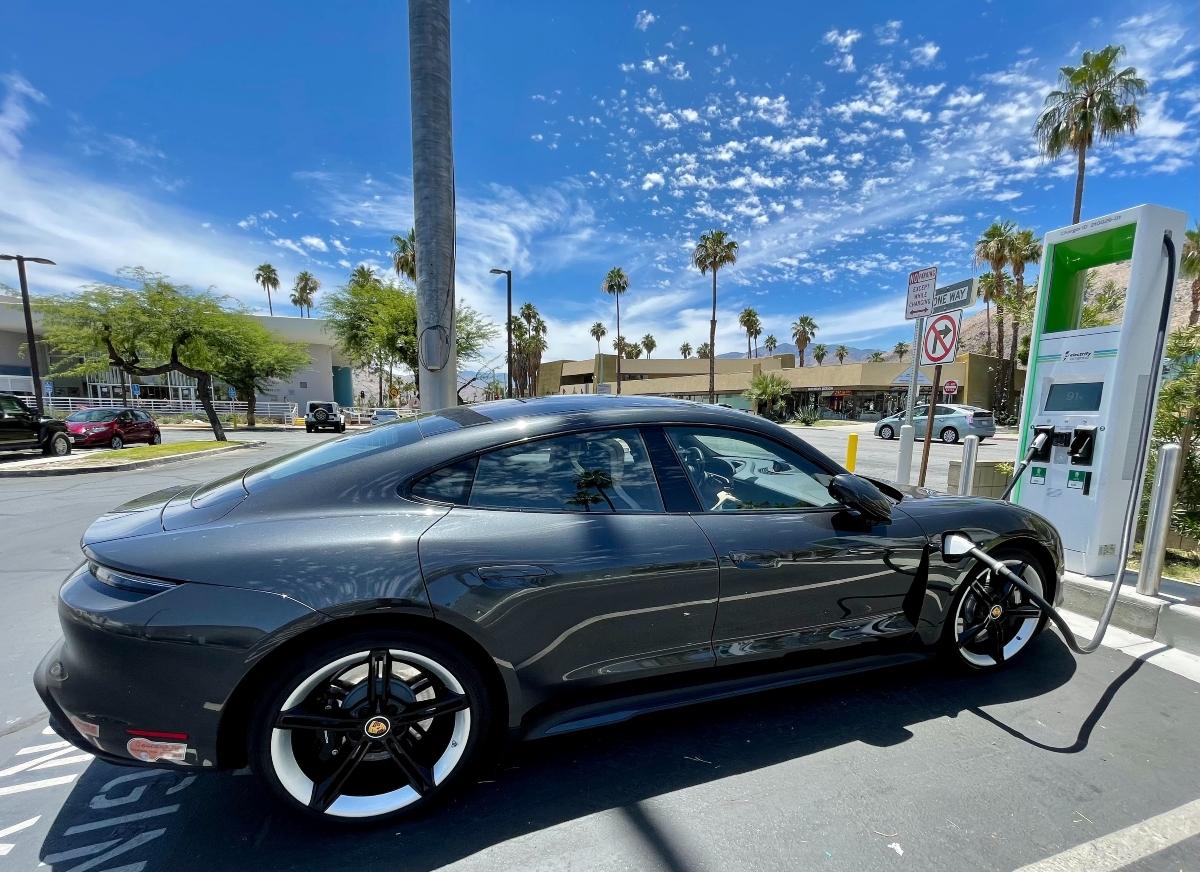
Navigating Flaws in the Electric Vehicle Transition
There's an inconvenient truth about electric cars. Despite all of their benefits, there are important flaws with EVs.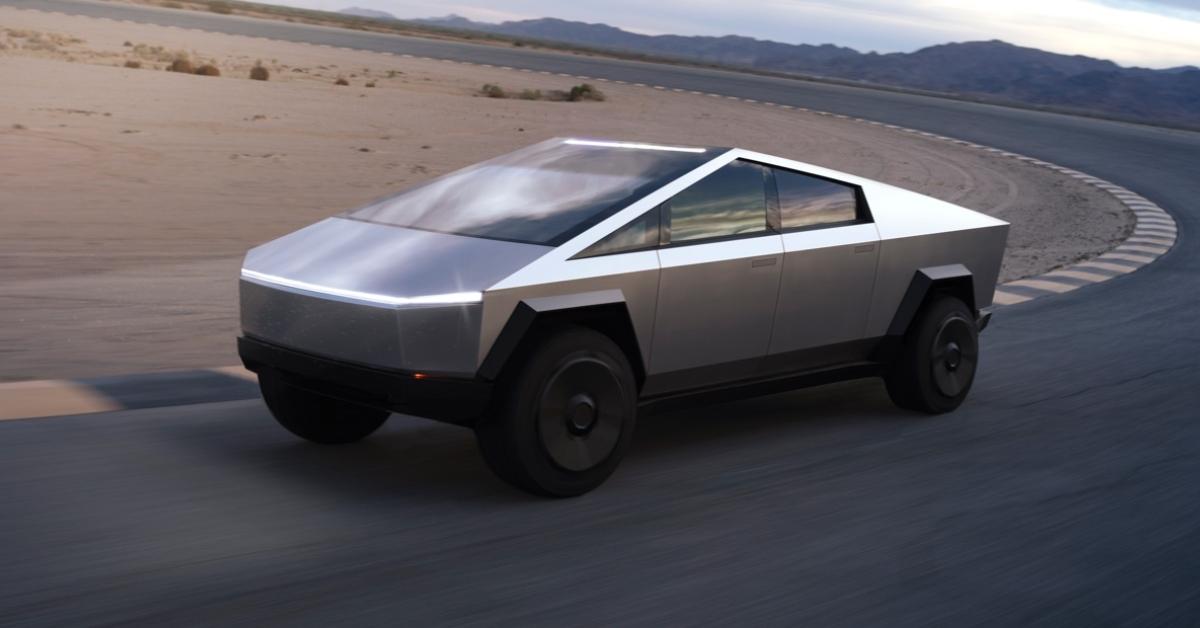
Investors Get a Peek At Tesla Cybertruck's Minimalistic Interior
The Tesla Cybertruck's interior features a large display screen and dashboard made of recycled paper. The electric trucks are expected to be delivered in early 2024.
Lamborghini Phased Out Gas-Only Cars — And Released Its First Hybrid
Lamborghini has discontinued its gas-only cars and just released its first hybrid vehicle, .
The EU Passes Ban on New Gas-Powered Cars — What You Need to Know
EU lawmakers just passed a ban on new petrol cars starting in 2035, in an effort to reduce Europe's emissions and overall contribution to the climate crisis.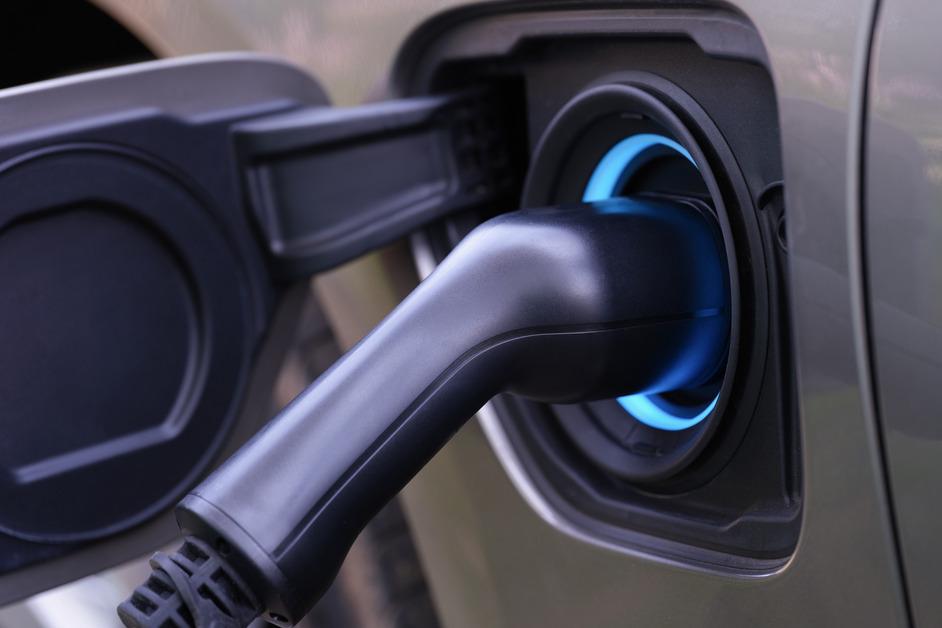
The Real Cost of Charging an Electric Car — Is It Cheaper Than Gas?
For electric cars, the cost of charging largely depends on the model of the car and charging station; however, there is a trend: it’s cheaper than gas.
Electric RVs Will Let You Take a Next-Level Road Trip, Sans the Emissions
Do electric RVs actually exist? While taking a road trip in a mobile home would be incredible, many of them have incredibly poor gas mileage.
5 Reasons Why People Hate Elon Musk — From Labor Violations to Misinformation
Why do people hate Elon Musk? From labor violations to spreading misinformation, there are a lot of reasons why people can’t stand the guy.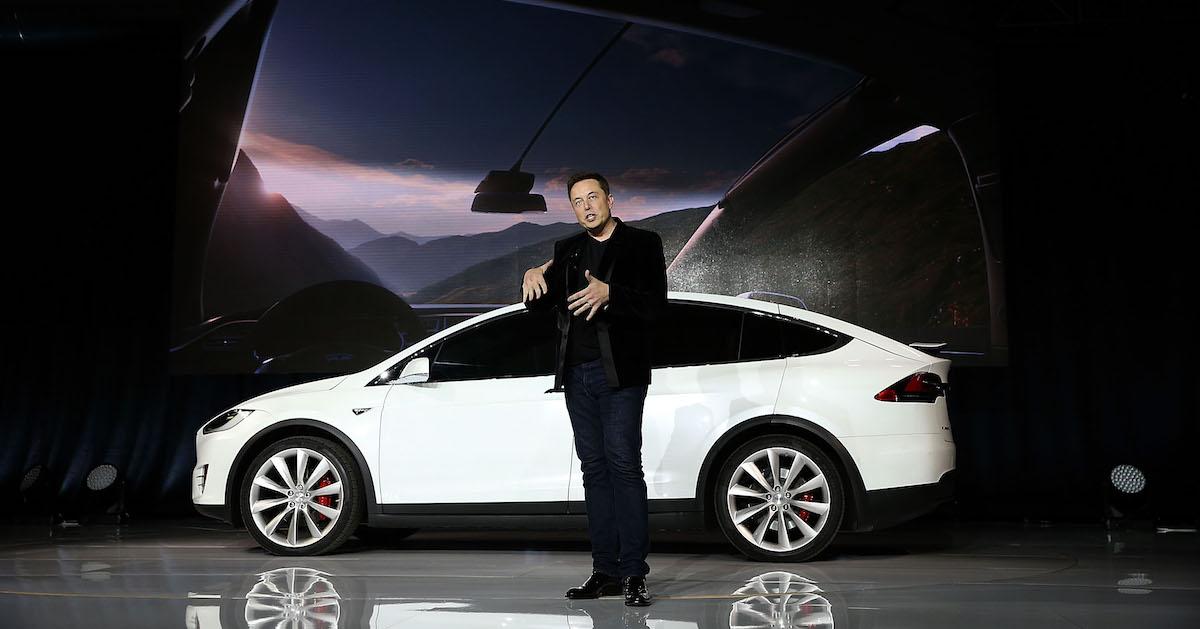
Tesla Cuts Prices, Due to Declining Stocks and Elon Musk’s Erratic Behavior
As a result of Tesla creator, Elon Musk's erratic behavior on Twitter, stock prices and sales are dropping — which may lower the brand's prices.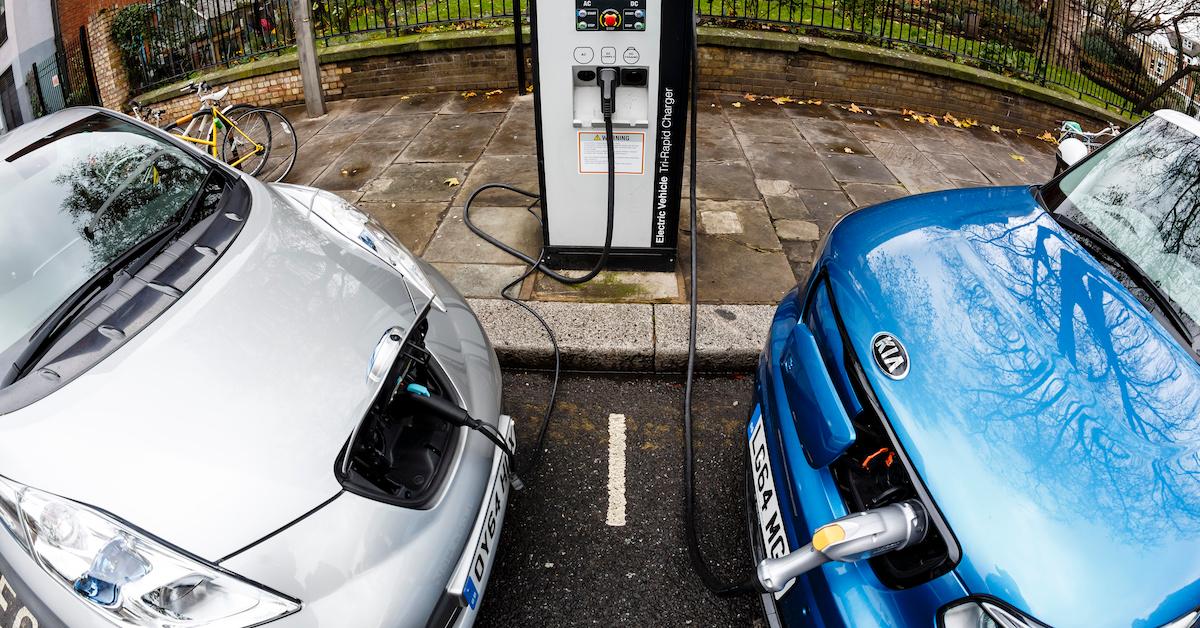
Wyoming Lawmakers' Bill Proposing a Ban on Electric Vehicles Is Apparently... Satire?
Rumblings of a ban on electric vehicles in the state of Wyoming have left people puzzled.
Modern Slavery Expert Shares the Horrors of Cobalt Mining for EVs and Smartphones on 'The Joe Rogan Experience'
Joe Rogan interviewed modern slavery expert Siddharth Kara about the cobalt mining industry, which presents a host of ethical and human rights issues.
Have Any Electric Planes Taken Flight? A Look Into a Few Successful Test Flights
Electric planes have certainly made a lot of progress in recent years, but we’re not fully ready to make the transition just yet. Let’s check out some recent electric airplane flights.
A Former Tesla Employee Now Runs One of the Largest EV Battery Recycling Plants
One of Elon Musk's former employees at Tesla now runs one of the largest EV battery recycling plants in the U.S., called Redwood.
These Portable EV Chargers Will Help You Boost Your Electric Car On the Go
A portable EV charger battery can help reduce range anxiety.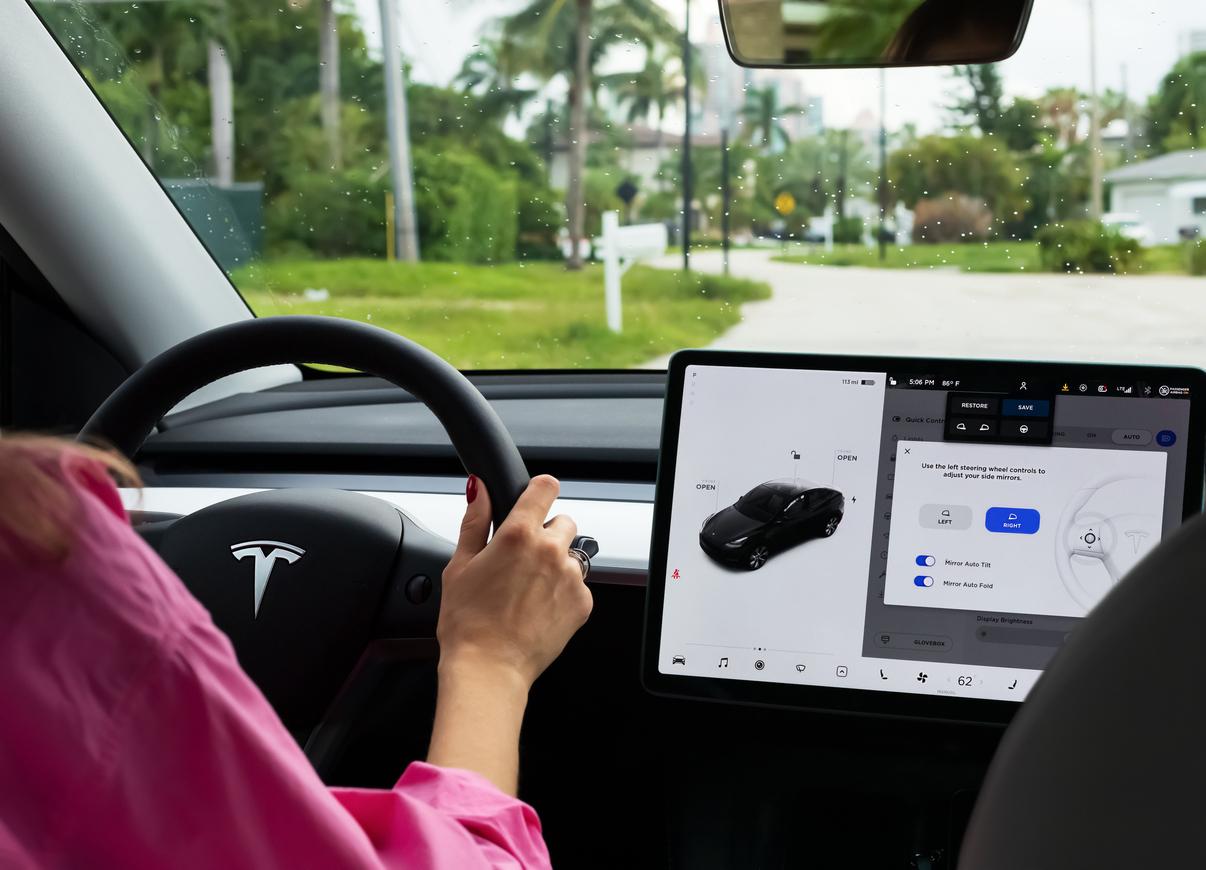
Tired of Your Gas-Guzzling Car? Here's How Far an Electric Car Can Go on One Charge
Many people wonder how far an electric car can go on one charge. The average mileage is between 200 and 300, but it can vary based on size and type.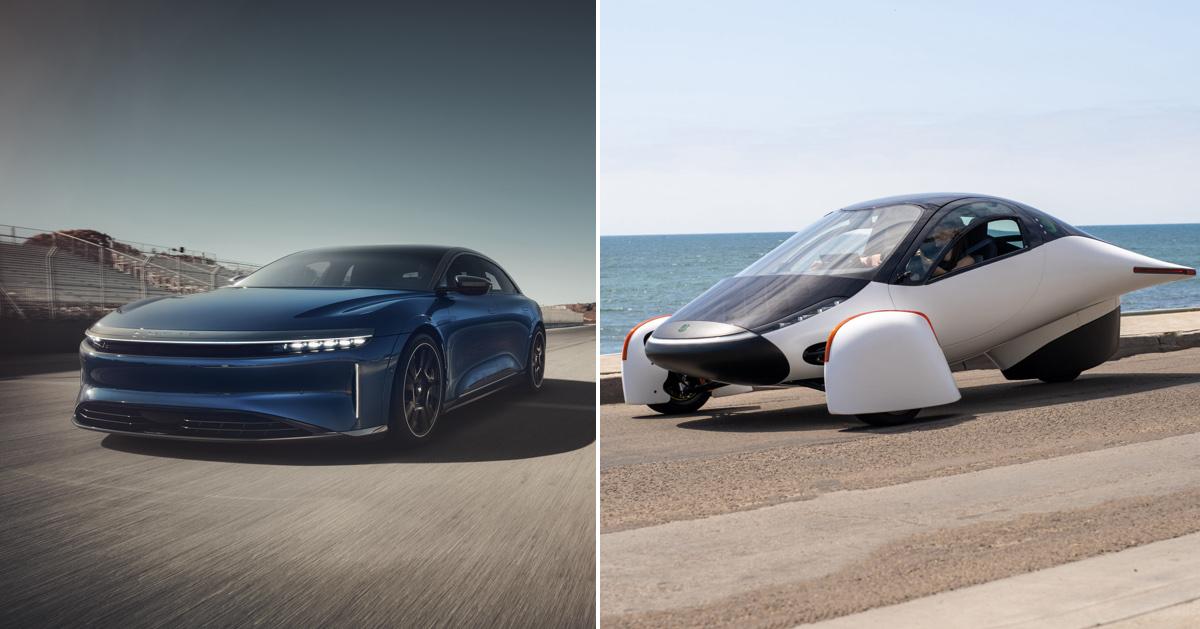
Over Elon Musk? These Top Tesla Competitors Are Just As Cool
Tesla’s top competitors could be receiving an influx of business following the downfall of Twitter thanks to Elon Musk.
Cars Produce More Pollution Every Year Than You Might Think
How much pollution do cars produce? Here’s what we know.
How Does an Electric Plane Work? Everything You Need to Know About Emission-Free Aviation
News articles about battery-powered planes and emission-free aviation might have you wondering how an electric plane works. Are electric planes in the near future?
25 U.S. IKEA Locations to Receive Fast Charging Stations for Electric Vehicles
Which IKEA locations will be receiving the new fast charging stations? Once they're installed, the company will have quadrupled its EV chargers.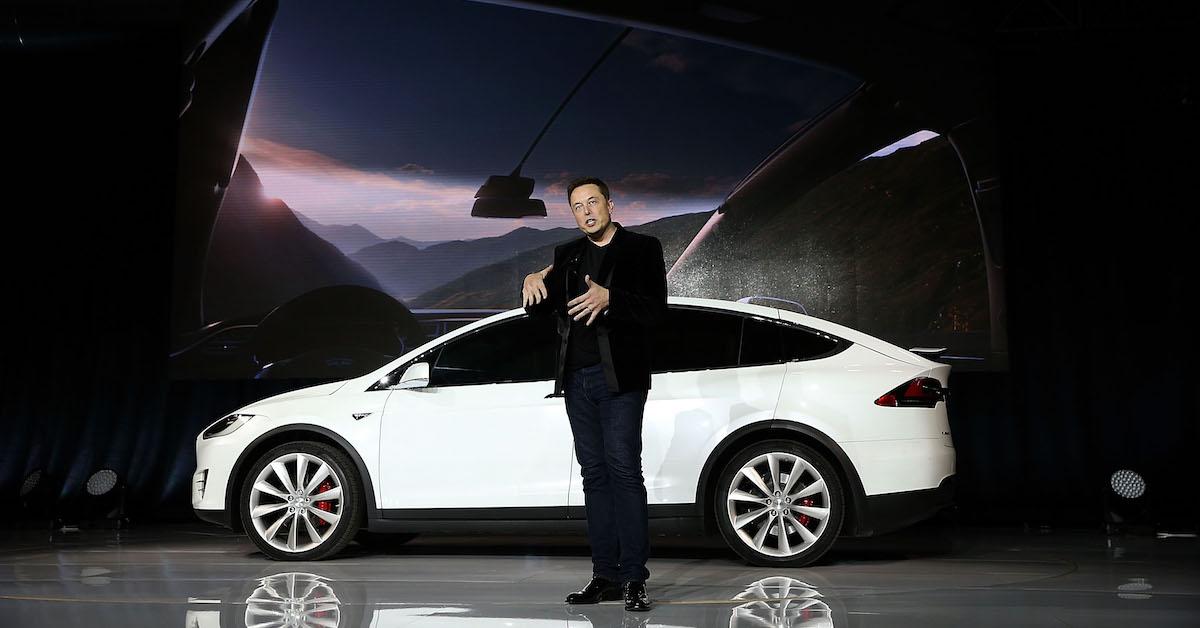
Tesla Is in Hot Water After Underreporting Environmental Data
What is Tesla's 2022 controversy about? Environmentalists are furious with the sustainable car company 2022 for underreporting environmental data.
An Electric Car Doesn't Have to Come With a Huge Price Tag — Here Are the Best Affordable Options
Are you looking to upgrade to an electric vehicle? There are more affordable options than you might realize. Here are some of the best from 2022.
6 Super Bowl Commercials That Highlighted Sustainability
Check out six of our favorite Super Bowl ads from 2022, each of which hopefully inspired viewers to consider sustainability.
The USPS Proposes New Vehicles With Worse Gas Mileage Than Hummers
The Postal Service overhaul bill just passed in the House, angering environmentalists, as it would give the USPS a massive amount of gas-guzzling delivery vehicles.
These Electric Airplane Startups Hope to Decarbonize the Aviation Industry
To help reduce the environmental impact of aviation, a number of electric airplane startups have hit the tarmac running in recent years.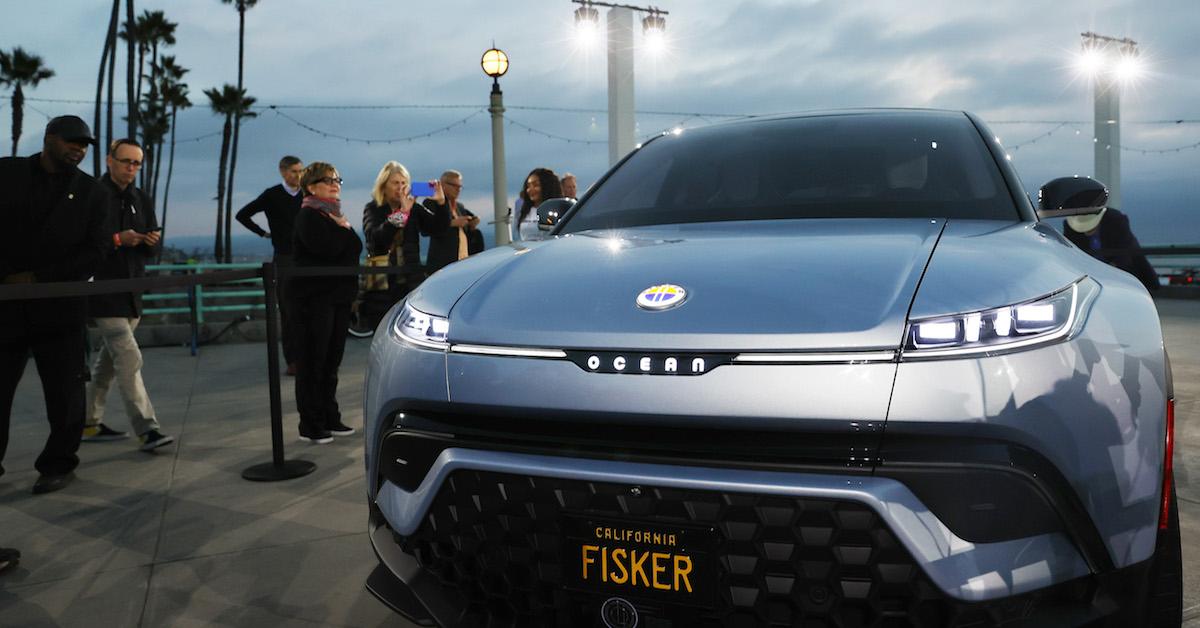
Will the Fisker Ocean SUV Revolutionize the Electric Auto Industry?
The Fisker Ocean SUV is the newest electric car on the market, but is it as eco-friendly as the company claims?
Can a Boat Be an EV? Behind Cannes Yachting Festival's Fast-Charging Demonstration
Do electric boats exist? As we start transitioning to electric vehicles, those who can afford to travel by boat should look to EVs, too.
More Homeowners and Car Owners Alike Are Getting Solar Carports — Should You?
What are solar carports? More and more homeowners and car owners alike are getting them installed on their properties as a renewable energy source.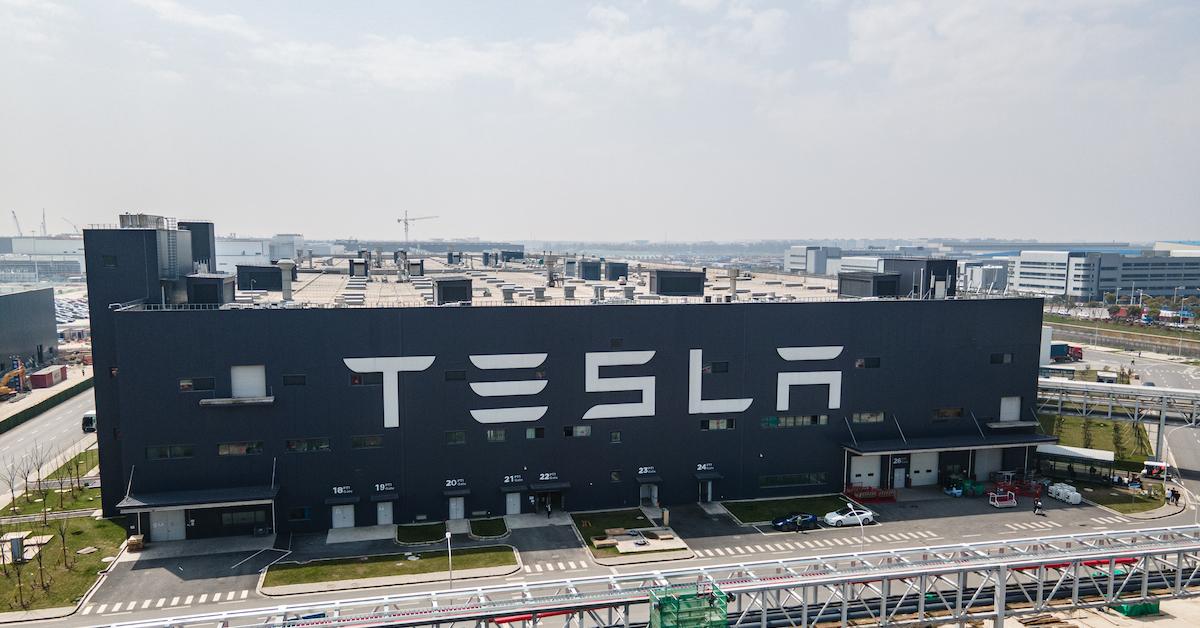
Tesla's Lawsuit in Berlin Was Dropped — but Here's Why It Started
Tesla's factory just outside of Berlin went through a major lawsuit that was eventually dropped — here's everything you need to know about it.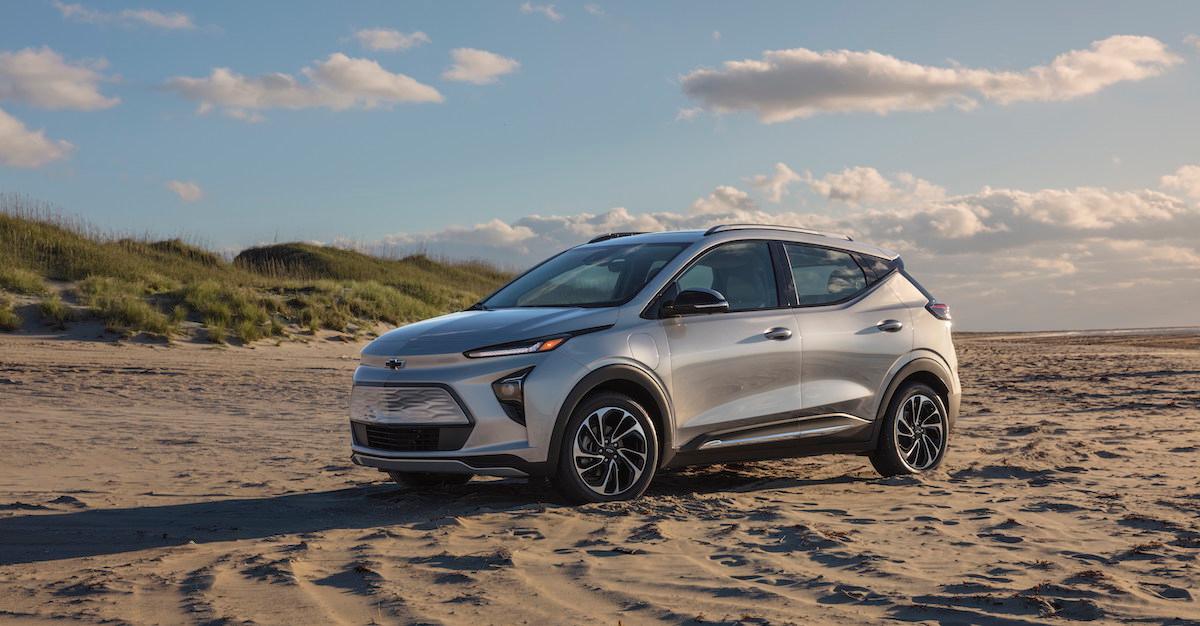
What Is Regenerative Braking? Here’s Why It’s So Important to EV Drivers
There are many things that set electric vehicles apart from driving a standard gas car, but regenerative braking is one of the greatest EV features.
Range Anxiety: How EV Drivers Can Avoid Running Out of Power
What is range anxiety? Most EV drivers have faced the fear of losing energy at one point or another, but there are ways to avoid it if you plan ahead.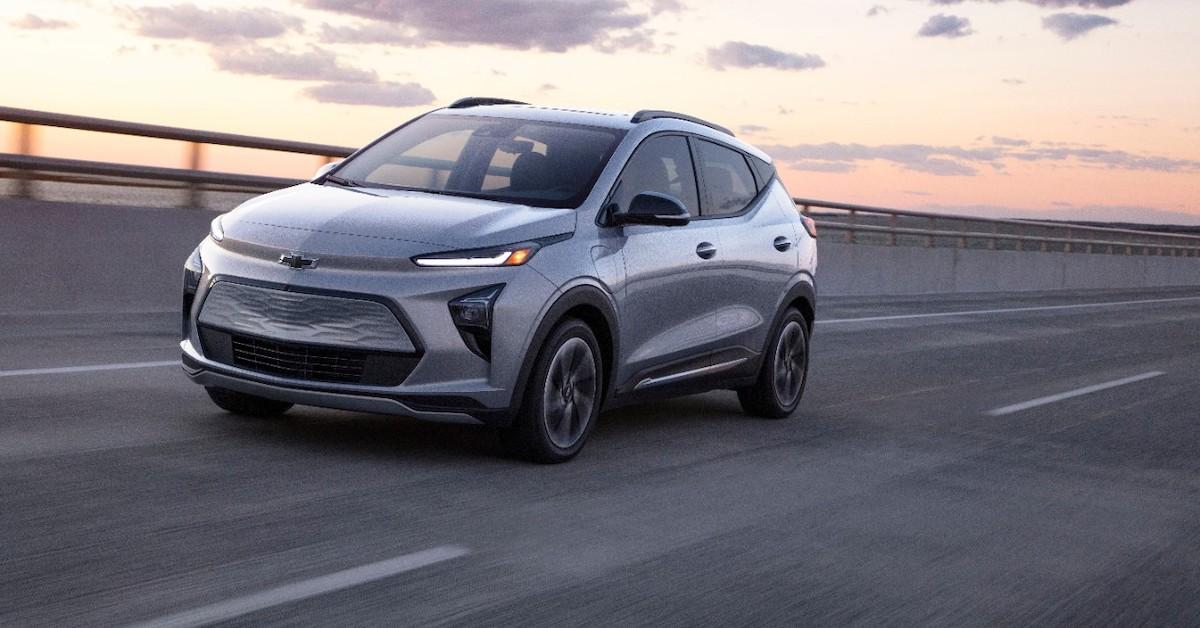
Here’s What It’s Actually Like to Take a Road Trip in an Electric Vehicle
What is it like to take a road trip in an electric car? Although it may sound daunting, it's actually far more comfortable than taking a gas car.
Biden Drives Electric Jeep Around White House to Announce Nation's New EV Goals
President Biden has announced a plan for half of all vehicle sales to be electric vehicles by the year 2030.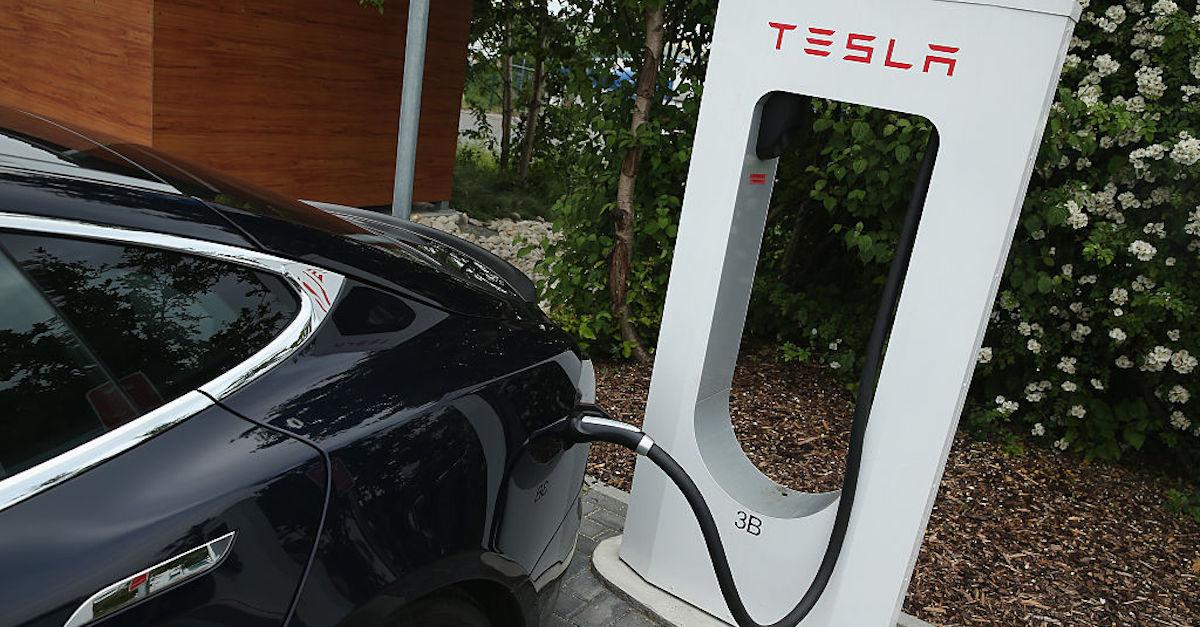
Attention EV Drivers: There May Be Full Tesla Rest Stops in Our Future
Electric vehicle drivers may be looking forward to full Tesla rest stops after Elon Musk filed a trademark application for restaurant services.
Worried About the Gas Shortage? What's Happening, Which States Are Affected, and More
You've most likely heard about a rumored gas shortage that's affecting drivers nationwide — here's what's causing it, and which states are affected.
Electric Car Batteries: What They're Made Of, What Happens to Them, and More
Interested in buying an electric car? Here's what EV batteries made from, and what happens to the batteries when they're no longer usable.
CEO of Electric Airplane Company Gives Insight Into the Future of E-viation (Exclusive)
Green Matters was able to speak with the CEO of electric airplane company, MagniX, to discuss the foreseeable future of electric flying, or e-viation.